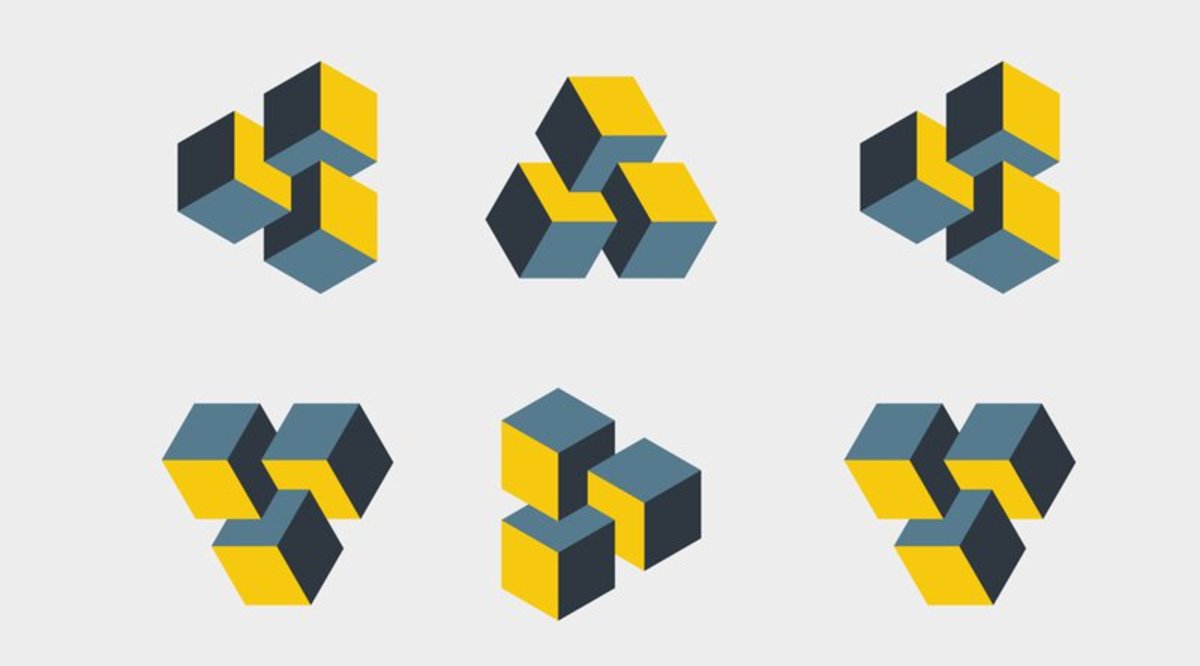
The Japan Bank Consortium to Central Provide Domestic and Cross-Border Payment, which was launched in October 2016 by leading Japanese financial institutions, and the blockchain company SBI Ripple Asia have announced that its 47 member institutions plan to make domestic and cross-border payments using the Ripple blockchain in the future.
This announcement follows a successful pilot program involving RC Cloud, Ripple’s cloud-based payment platform, to process both domestic and international payments. Using RC Cloud, Japanese banks were able to make real-time money transfers at a lower cost than before.
Ripple CEO Brad Garlinghouse stated: “Consortiums are not hard to come by in this industry, but what makes this significant is that these leading Japanese banks are focused on a clear use case and moving [the] blockchain into production. This is a concrete example that our solution is already transforming how money is sent around the world.”
The Ripple payment network is especially beneficial for smaller Japanese banks, which to date have had to rely on their larger counterparts to clear their transactions due to the high annual clearinghouse membership fees. That has left smaller institutions with little control over the fees they are being charged, which affects their profitability in this space. However, by using the blockchain as the underlying technology for Ripple’s payments platform, all financial transactions are recorded securely on an immutable peer-to-peer network, which means there is no need for costly intermediaries or a central clearing counterparty to process payments.
“Existing infrastructure favor high-volume processors. [They] get the cheapest price. With distributed ledger technology, it doesn’t matter because the little guy can speak to another little guy and it’s just as cheap if they did 10,000 transactions or two,” Dilip Rao, managing director for Asia Pacific at Ripple, told CNBC.
The next step will be the commercialization of Ripple’s payments platform in the Japanese banking sector. During the pilot phase, Ripple’s RC Cloud was analyzed and evaluated from all business-relevant angles, including regulatory requirements, operational risks, standardization and its potential integration into banks’ accounting systems.
Since the pilot was deemed to be successful, the consortium now intends to reach out to international banks to include them in Ripple’s payments network to reduce the costs and improve the efficiency of cross-border money transfers across the globe.
“Domestic and cross-border payments have been silo processes that are expensive, but RC Cloud allows for a seamless transaction for both types of payments on one platform,” stated SBI Ripple Asia CEO Takashi Okita.
Ripple asserts that through the use of blockchain technology, retail remittance costs can be reduced by 60 percent and corporate cross-border money transfer costs can be reduced by 50 percent.
Given Japan’s positive stance toward Bitcoin, blockchain technology and digital currencies in general, it would not be surprising to see the country’s financial industry become the first to commercially implement and use blockchain technology to improve its services.







